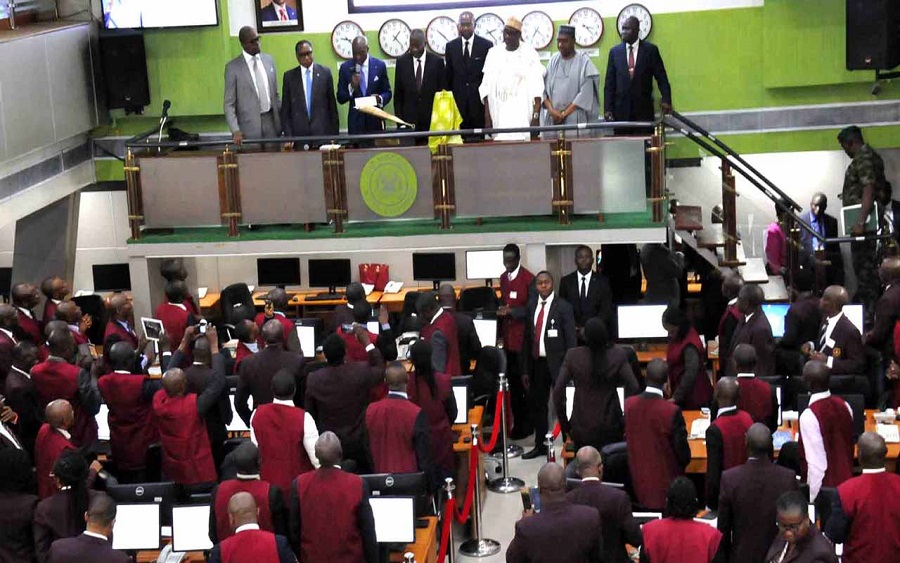The generally bearish nature of the Nigerian equities market is forcing Nigerian stockbrokers to shift focus. The brokers must earn money in order to operate profitably as business entities. Unfortunately, the persistent underperformance of many of the securities listed on the Nigerian Stock Exchange isn’t helping them.
So far in 2019, the NSE All-Share Index has declined by 17%, a situation that was described as “quite difficult” by the Chairman of the Association of Securities Dealing Houses of Nigeria, Onyewechukwu Ezeagu. The root cause of this problem can be traced to the Nigerian economy which is still struggling to fully recover since 2014 when oil prices came crashing down.
As you may well know, the Nigerian economy is mainly dependent on oil revenue. As such, when oil price crashes, every other facet of the economy is adversely affected.

In view of the foregoing, stockbrokers are trying to diversify. In specific terms, plans are underway to launch what is being called the Lagos Commodities and Futures Exchange. The Managing Director of The Association of Securities Dealing Houses of Nigeria, Akisola Akeredolu-Ale, disclosed this recently when he spoke to Bloomberg. He said the new commodities exchange would be launched before the end of November.
The new bourse will undergo a mock operations exercise on Friday, November 15th after which full operations will commence. At least, forty commodities are expected to be traded, including popular grains such as maize, sorghum, millet, sesame seed, etc. Analysts have projected that this development will facilitate President Buhari’s attempts to diversify Nigeria’s economy.
[READ MORE: Macro weakness: Justification for cheap Nigerian stocks?]
Note that Nigeria has an already existing Abuja Securities and Commodities Exchange which equally trades in agricultural commodities. However, there has been questions surrounding its operational efficiency. The soon to be launched Lagos Commodities and Futures Exchange will compete with its Abuja counterpart.
In the meantime, the Lagos Commodities and Futures Exchange is dialoguing with Nigerian banks, certification agencies, and insurance firms who will all collectively make transactions possible once trading commences later this month. Akeredolu-Ale also forewarned that trading on the bourse will be flat during the first two years of commencement, after which it will increase by 25%.













